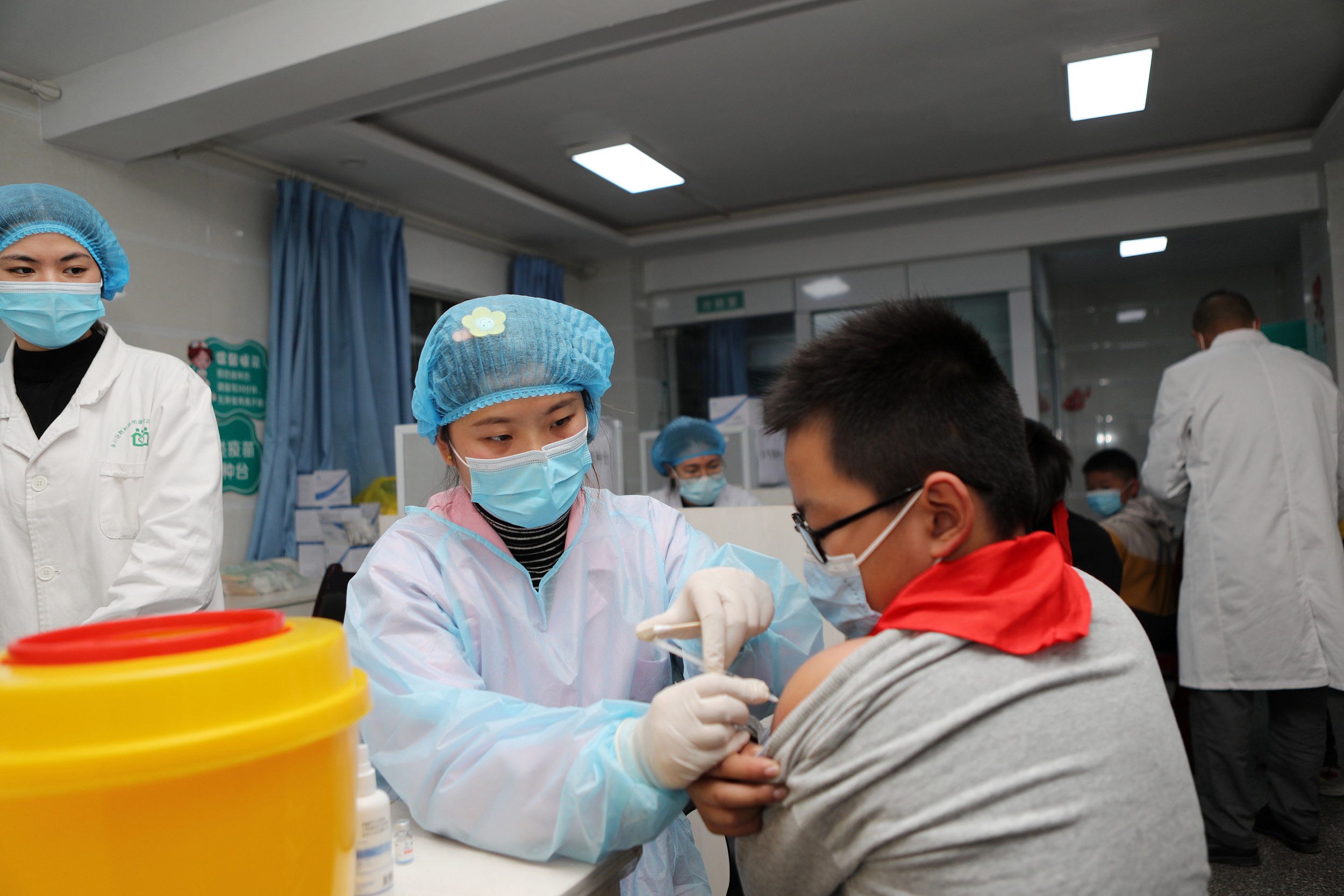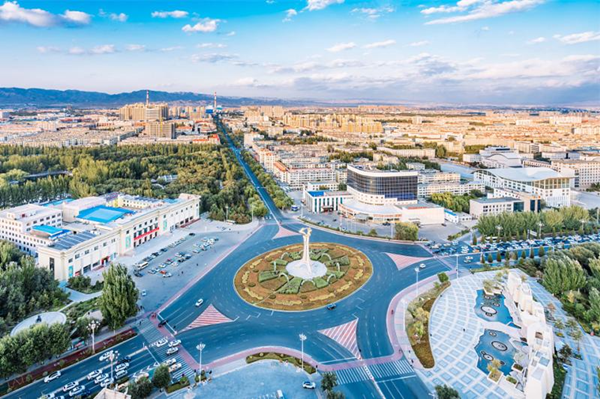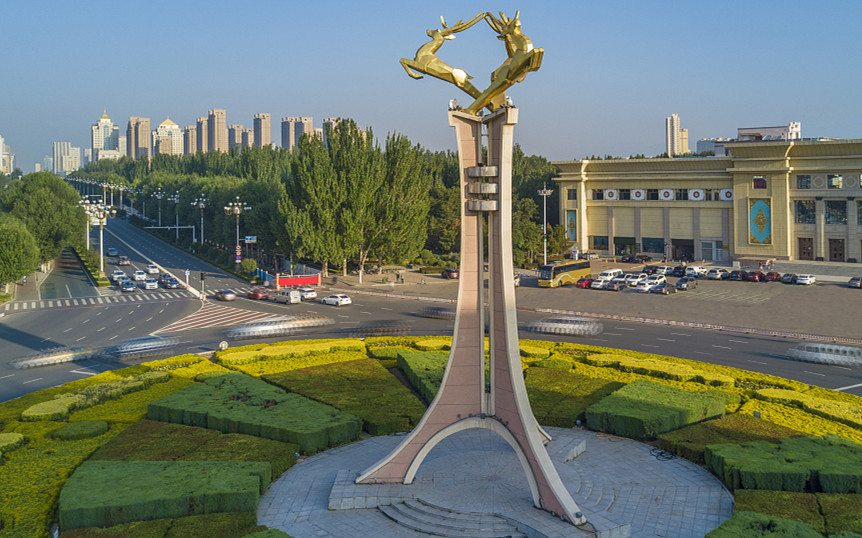Baotou, Meituan to co-build traffic big data laboratory
China's first Traffic Safety Governance Big Data Laboratory recently landed in Baotou city, North China's Inner Mongolia autonomous region. The laboratory was jointly built by the traffic management department of the Baotou public security bureau and the Meituan Cycling Research Institute.
The laboratory will analyze data based on the actual needs of traffic safety management business. It will also improve the accuracy of risk identification, study and judge potential risk initiatives, as well as reduce the risk of traffic accidents and congestion.
In recent years, new forms of transportation, such as online car hailing, bicycle sharing, and internet-booking moving services have developed rapidly. While they have injected vitality into the high-quality development of Baotou's digital transportation sector, they also pose new challenges to traffic safety management.
"In the past, we have had shortcomings in travel order and safety governance regarding shared e-bikes. This time, based on the massive data of Meituan Cycling, our laboratory can timely grasp and understand the changes in traffic flow and the existing safety risks," said Yang Baobing, captain of the public security management brigade of the traffic control department of the Baotou public security bureau.
Since Meituan's shared bicycles entered Baotou's market in 2020, they have been loved by the general public. According to Meituan Cycling data, Baotou was shortlisted as the top 10 cities in 2023 in terms of carbon reduction.
Wang Liang, director of the security affairs center of Meituan Cycling Public Affairs Development Department, stated that the city is eager for Meituan and other enterprises to participate in the laboratory's construction. "Baotou market is very suitable for such exploration and experiment," Wang added.
Bian Yang, a member of the laboratory's expert group and an associate professor at the College of Metropolitan Transportation of Beijing University of Technology, has studied the safety of shared electric bicycles since 2017. Bian once believed that differences in urban environment and transportation organization and management make it difficult to get universal research conclusions. However, this idea wavered after she came to Baotou.
"The overall flatness of Baotou roads, few three-dimensional traffic facilities, and the separation of motorized and non-motorized lanes are unique advantages for big data collection," Bian introduced. As Baotou is not affected by external forces, the quality of the data will be very high, and the conclusions drawn will be typical and useful for reference.





 Sketching and creation tour in Baotou
Sketching and creation tour in Baotou